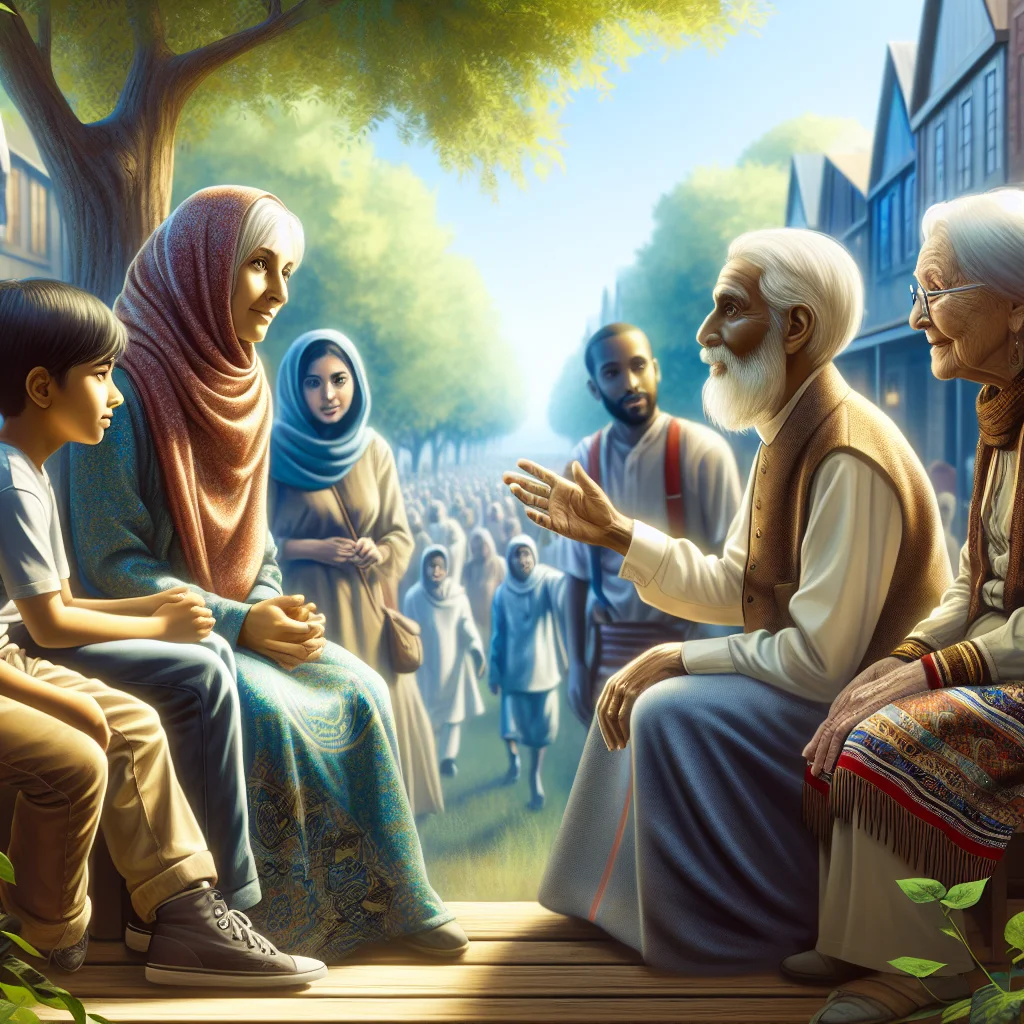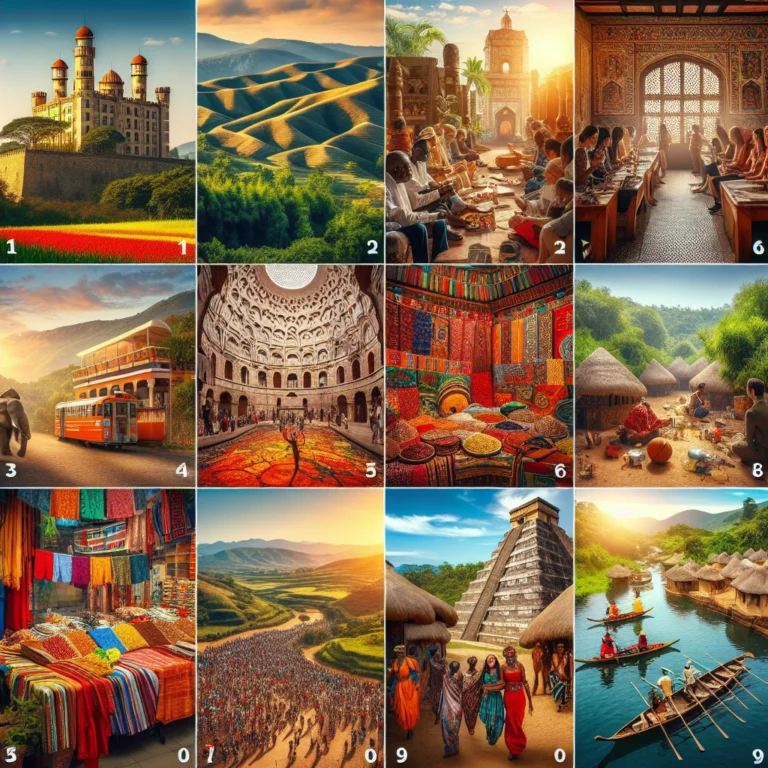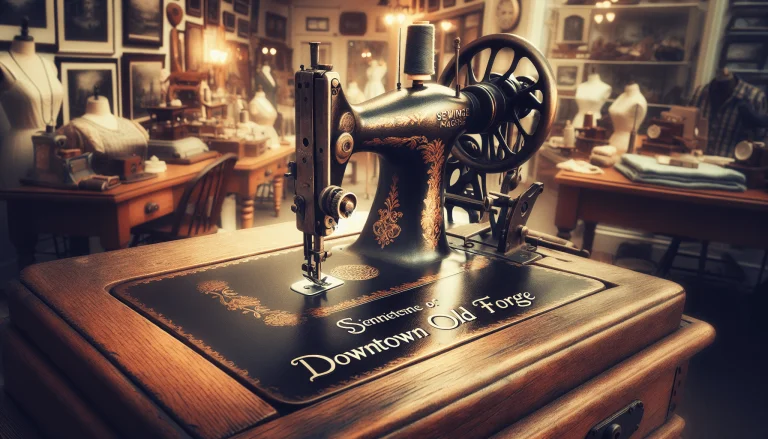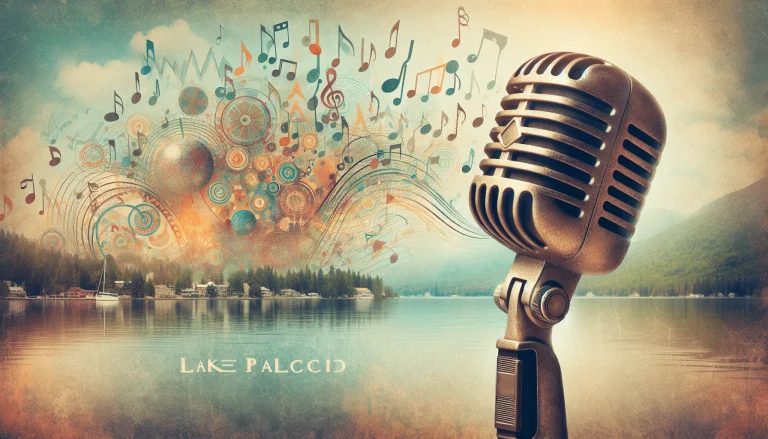Bridging Generations: The Role Of Elders In Different Cultures
When traveling to different countries, it is not just the sights and sounds that captivate us, but also the people and their unique traditions. One fascinating aspect of cultural exploration is understanding the role of elders in different societies. From imparting wisdom to preserving ancient customs, elders play a crucial role in bridging the gap between past and present generations. Join us as we delve into the world of diverse cultures, where respect for elders and their contributions is an integral part of the fabric of society. Discover the significance of intergenerational connections and the valuable lessons we can learn from these respected individuals across the globe.
Cultural Perspectives: The Significance of Elders
In cultures worldwide, elders hold a significant role and are revered for their wisdom, experience, and contributions to their communities. Across different continents and societies, the importance of elders is deeply ingrained, serving as custodians of culture and tradition, and playing crucial roles in decision-making, conflict resolution, and spiritual guidance. Let’s explore the diverse perspectives on the significance of elders in various cultures.
Importance of Elders in Cultures Worldwide
Elders are widely respected and revered in cultures around the world. They are seen as the embodiment of wisdom and experience, and their opinions and advice are highly valued. In many societies, elders hold positions of authority and are consulted for important decisions and conflict resolution. Their role goes beyond individual families; they are essential in preserving cultural heritage and passing down traditions to younger generations. Elders are the pillars of communities, providing guidance, knowledge, and support to ensure the cohesion and well-being of their respective societies.
Elders in African Societies
African Elders as Custodians of Culture and Tradition
In African societies, elders are regarded as the custodians of culture and tradition. They hold deep knowledge of ancestral practices, rituals, and values, and their role is essential in preserving and transmitting this cultural heritage to younger generations. African elders are revered for their wisdom and serve as living links to the past, ensuring the continuity of customs and beliefs that define African identities.
Elders in Decision-Making and Conflict Resolution
African elders play a crucial role in decision-making processes and conflict resolution within their communities. Their experiences and wisdom are sought after in resolving disputes, as they hold a deep understanding of the complexities and dynamics within their societies. Elders’ impartiality, fairness, and ability to mediate conflicts contribute to the social harmony and stability of African communities.
The African Principle of Sankofa and Eldership
The African principle of Sankofa, meaning “go back and fetch it,” embodies the significance of elders in African cultures. It emphasizes the importance of learning from the past to build a better future. Elders, with their extensive knowledge and experience, guide younger generations in embracing their roots and understanding the lessons from the past. The principle of Sankofa reinforces the role of elders as keepers of ancestral wisdom and the keys to a prosperous future.
Elders in Asian Cultures
Eldership in Confucian Ideology
In many Asian cultures influenced by Confucian ideology, elders hold a position of utmost respect and reverence. Confucian principles emphasize filial piety, emphasizing the importance of honoring and respecting one’s elders. Elders are seen as the source of wisdom and moral guidance, and their authority is unquestioned. Confucianism places a strong emphasis on maintaining harmonious relationships within the family, and elders play a central role in upholding these values.
Elders in Japanese Society: Respect and Authority
In Japanese society, respect for elders is deeply ingrained in the culture. The concept of “seniority” holds significant importance, where older individuals are given utmost respect and deference. Elders are valued for their life experiences and superior knowledge, and their opinions are sought after in various spheres of life, including family matters, decision-making, and community affairs. Elders are seen as the embodiment of authority and are admired for their contributions to society.
Role of Elders in South Asian Societies
In South Asian societies, such as India and Pakistan, elders play a vital role in family and community life. They are considered the heads of households and are entrusted with making important decisions that impact the entire family unit. Elders are respected for their wisdom and are considered the ultimate guides in matters of marriage, education, and religious practices. Their role in the nurturing and upbringing of children is crucial, as they pass down cultural traditions and values to younger generations.
Elders in Native American Cultures
Elders as Spiritual Leaders and Teachers
In Native American cultures, elders hold sacred positions as spiritual leaders and teachers. They possess profound knowledge of tribal history, customs, and spiritual practices. Elders are regarded as the connection between the physical and spiritual realms, guiding their communities in spiritual matters and ceremonial rituals. Their wisdom and guidance are essential in navigating the spiritual dimensions of Native American cultures.
Preserving Ancestral Wisdom: Elders in Oral Tradition
Native American cultures have a strong oral tradition, where stories, myths, and legends are passed down through generations. Elders play a fundamental role in preserving ancestral wisdom by imparting these stories to younger generations. Through storytelling, elders carry forward the cultural heritage and values of their tribes, ensuring that the rich tapestry of their traditions remains alive and relevant.
Elders and Intergenerational Relationships
Native American cultures view intergenerational relationships as crucial for the well-being of their communities. Elders serve as mentors and role models for the younger generations, providing guidance, support, and knowledge. These relationships foster respect, reciprocity, and a sense of belonging amongst community members. Elders act as a bridge, connecting the past, present, and future, and their contributions facilitate the continuity and strength of Native American cultures.
Elders in European Societies
Role of Elders in Mediterranean Societies
In Mediterranean societies, such as Greece and Italy, elders hold esteemed positions within their families and communities. They are revered for their wisdom, life experiences, and knowledge of traditional practices. Elders often serve as advisors and decision-makers in family matters and community affairs. Their contributions are valued in preserving cultural practices, such as traditional crafts, culinary traditions, and folk traditions, which are seen as a source of pride and identity.
Changing Perception of Elders in Modern European Societies
With the advent of modernization and globalization, the perception of elders in European societies has undergone changes. While respect for elders still exists, societal structures and dynamics have shifted, leading to a diminished role for elders in some aspects of daily life. However, elders continue to hold a significant place in familial relationships, where their wisdom and guidance are cherished and sought after.
Elders as Guardians of Family Heritage
In European societies, elders often take on the role of guardians of family heritage, passing down cherished traditions, stories, and values to younger generations. They are seen as preservers of ancestral knowledge and the keepers of family histories. Elders’ contributions in fostering a sense of belonging and identity within families are invaluable, as they ensure the continuation of family traditions and pride in one’s cultural heritage.
Elders in Polynesian Cultures
Kupuna: Elders in Hawaiian Culture
In Hawaiian culture, elders, known as Kupuna, hold a special place of honor and respect. Kupuna embody the wisdom, knowledge, and cultural heritage of the Hawaiian people. They serve as the guardians of traditional values, language, and practices. Kupuna play a crucial role in transmitting ancestral wisdom to younger generations, ensuring the perpetuation of Hawaiian culture and identity.
Elders in Maori Society: Nurturing Ahikā
Within Maori society in New Zealand, elders are highly regarded for their role in nurturing Ahikā, the continuity of the ancestral flame. Elders are the carriers of Maori knowledge, serving as cultural mentors, teachers, and guardians of Maori traditions. They play a pivotal role in the passing down of cultural practices, such as traditional arts, language, and land stewardship, ensuring the preservation and revitalization of Maori culture.
The Importance of Elders in Samoan Fa’amatai System
In Samoan culture, elders hold significant authority and play a crucial role in the Fa’amatai system, a traditional system of governance and leadership. Elders, known as Matai, are chosen to represent and lead their extended families, villages, or clans. They are responsible for maintaining social order, resolving disputes, and preserving cultural values. Elders’ wisdom and leadership contribute to the cohesion and well-being of Samoan communities.
Elders in Middle Eastern Cultures
Elders in Bedouin Societies: Authority and Council
In Bedouin societies, elders hold positions of authority and influence. They are respected for their age, wisdom, and experience, and their guidance is sought in matters of governance, tribal affairs, and conflict resolution. Elders gather in council meetings, known as Majlis, where important decisions are made, and matters of community interest are discussed. Their role in preserving traditions, mediating disputes, and upholding tribal values is pivotal in Bedouin societies.
Role of Elders in Modern Middle East
In modern Middle Eastern societies, while societal structures have evolved, the respect and reverence for elders remain deeply ingrained. Elders continue to be regarded as symbols of wisdom and the bearers of cultural heritage. Their advice and experience are sought after in familial, social, and professional matters. Despite changes brought about by modernization, Middle Eastern societies continue to honor the role of elders and value their contributions.
Elders’ Contributions to Communal Harmony
In Middle Eastern cultures, elders play a significant role in maintaining communal harmony. Their wisdom, guidance, and ability to mediate conflicts contribute to the peaceful coexistence of different social groups. Elders foster a sense of unity, respect, and understanding among community members, promoting social cohesion and collective well-being. Their contributions to communal harmony are vital for the stability and progress of Middle Eastern societies.
Elders and the Art of Storytelling
Storytelling Traditions across Cultures
The art of storytelling is a universal form of communication that transcends cultural boundaries. Across cultures, storytelling serves as a means to educate, entertain, and pass down wisdom from one generation to another. Whether through spoken word, written literature, or performance, storytelling holds a special place in preserving cultural histories and transmitting valuable life lessons.
Elders as Repositories of Folklore and Myth
Elders often serve as repositories of folklore and myths within their respective cultures. They possess the knowledge of ancient tales, legends, and folklore passed down through generations. Through their storytelling, elders breathe life into these narratives, preserving cultural heritage and allowing younger generations to connect with their roots. The role of elders as keepers of folklore and myth ensures the survival of cultural identities and traditions.
The Role of Elders in Passing Down Oral Histories
oral histories are an essential part of cultural preservation, providing insights into the past and shaping collective identities. Elders, with their firsthand experiences and memories, hold a crucial role in passing down oral histories. They recount personal and communal stories, historical events, and societal changes, providing younger generations with a deeper understanding of their cultural heritage. The contributions of elders in preserving and sharing oral histories are invaluable.
Impact of Modernization & Globalization on Elders’ Roles
Challenges Faced by Elders in the Modern World
Modernization and globalization have brought about significant changes to societies worldwide, impacting the roles and perceptions of elders. Technological advancements, societal shifts, and changing values can pose challenges for elders in adapting to the rapidly evolving world. Language barriers, loss of traditional knowledge, and changing family structures can pose hurdles for elders, potentially leading to marginalization or the erosion of traditional roles.
Preserving Elders’ Roles in Globalized Societies
While modernization and globalization pose challenges, efforts are being made to preserve the roles and contributions of elders in globalized societies. Recognizing the importance of intergenerational knowledge transfer, initiatives are being undertaken to bridge the gap between generations. Programs that promote cultural heritage, intergenerational bonding, and the inclusion of elders in decision-making processes help ensure the preservation of elders’ roles and the continuation of cultural traditions.
The Dichotomy Between Tradition and Progress
The dichotomy between tradition and progress presents a complex challenge for elders in the modern world. As societies strive for progress, traditional practices and values may be questioned or overlooked. However, a balance can be struck through mutual respect and understanding. Acknowledging the wisdom and contributions of elders while embracing innovation and new perspectives can help bridge the gap between tradition and progress, ensuring the recognition and preservation of elders’ roles in a changing world.
Intergenerational Bonding: Preserving Cultural Ties
Role of Elders in Fostering Intergenerational Relationships
Elders play a crucial role in fostering intergenerational relationships, acting as bridges between past and future. Their wisdom, experiences, and guidance foster understanding, respect, and empathy among different generations. By actively engaging with younger members of their communities, elders contribute to the preservation of cultural ties and the fostering of harmonious relationships.
Cultural Survival Through Intergenerational Knowledge Transfer
Intergenerational knowledge transfer is vital for cultural survival. Elders hold a wealth of cultural knowledge, skills, and practices that need to be passed down to younger generations. By actively engaging in intergenerational knowledge transfer, elders ensure the continuity of cultural traditions, values, and identities. This transfer helps young people understand and appreciate their cultural heritage, fostering a sense of pride and belonging.
Bridging the Gap: Elders’ Role in Modern Cross-Cultural Exchanges
In an increasingly interconnected and diverse world, elders play a crucial role in fostering cross-cultural exchanges. As cultural ambassadors, they possess deep knowledge of their own traditions and can share unique insights with individuals from different cultures. Through their wisdom, elders facilitate mutual understanding, respect, and appreciation, fostering a harmonious exchange of ideas and promoting cultural diversity and inclusivity. Elders’ contributions in bridging the gap between cultures are essential for the advancement of global understanding and cooperation.
In conclusion, the importance of elders in cultures worldwide cannot be overstated. They are the pillars of communities, custodians of culture and tradition, and bearers of wisdom and knowledge. Their role in decision-making, conflict resolution, preserving cultural heritage, and fostering intergenerational relationships is essential for the cohesion and well-being of societies. As we navigate an ever-changing world, it is crucial to recognize and value the significant contributions of elders in maintaining cultural richness and diversity.







